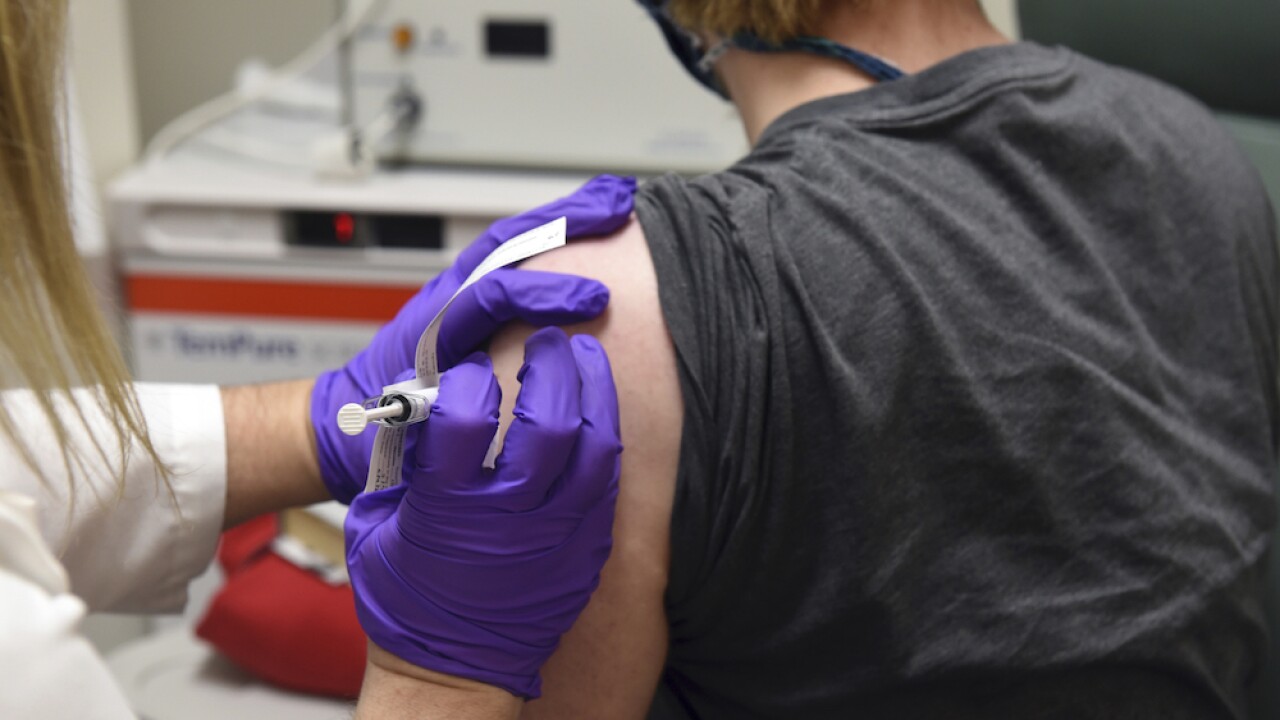TAMPA, Fla. — On Tuesday, top U.S. health officials told states that they should open up COVID-19 vaccinations to all their most vulnerable people, including those under 65 with certain health conditions. It’s part of what health officials called the next phase of the country’s vaccination program.
“I'm here as the CDC director to ask our governors, to echo what the secretary said, and strongly recommend the vaccination now be expanded to those individuals 65 or over, and those individuals between 16 or 18, depending on the vaccine being used, to 64 that have a comorbidity with a medical documentation of such,” said CDC Director Dr. Robert Redfield.
Florida has already prioritized people 65 and up, as well as frontline healthcare workers and those in long-term care facilities. CDC advisors noted the “16-64 years with high-risk medical conditions” group represents more than 110 million people.
“They have diabetes, hypertension, cardiovascular disease, they’re immunocompromised, or they’re at risk of having an adverse effect from the disease, but they’re also more likely to be out among us,” said USF Health professor Dr. Jay Wolfson.
Wolfson says using this group as a secondary target makes a lot of sense. Still, he notes the challenges that widening distribution to a larger group can create.
“It creates more of the same kinds of challenges, unless and until we fix the infrastructure within each of our counties and across the state that allows people to access a reliable information system that tells them when they can get an appointment, and whether something is available for them, and when we have enough doses available, which we don’t,” said Wolfson. “That should change within the next few weeks.”
More than 640,000 people have been vaccinated against COVID-19 in the state so far. Dr. Wolfson urges patience through the process and for when it's your turn.
“Be patient. We’re going to get through this. It’s going to happen,” said Wolfson. “We’re going to build up the infrastructure, we’re going to have the communication systems, we’re waiting for enough doses to come to us, and then it’s going to be a few months before we’re going to have enough to give it to everybody who needs it.”



